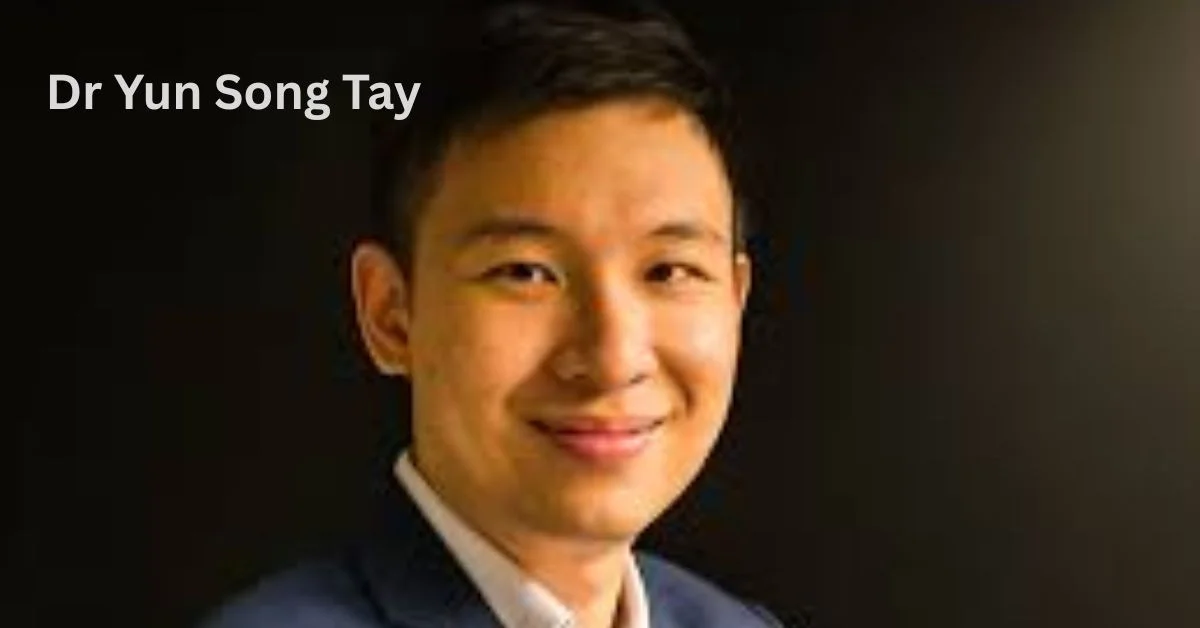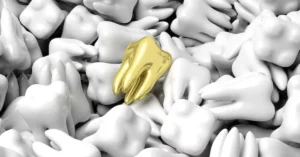In a healthcare landscape dominated by headline-grabbing breakthroughs and high-tech interventions, the most transformative work is often happening quietly, in the background. Dr Yun Song Tay, a rising figure in the world of molecular diagnostics and precision medicine, exemplifies this trend. With a career rooted in scientific rigor and a vision for accessible, tailored healthcare, Dr Tay is building systems designed not to impress, but to heal.
The Roots of a Precision-Minded Career
Born in Singapore and educated across Asia and Europe, Dr Yun Song Tay brings a global perspective to his work in biomedicine. His academic journey led him from a foundation in clinical research to the cutting edge of genomic medicine. What makes his trajectory particularly notable is its focus not on theoretical science alone, but on the translational aspect—how lab discoveries can actually help patients.
His early research in epigenetics and gene expression patterns during inflammatory diseases paved the way for a more nuanced approach to diagnostics. Instead of relying on symptoms alone, Dr Tay began investigating molecular signals as early indicators of disease, especially in cancers and autoimmune conditions.
Molecular Diagnostics: Reading the Body’s Code
Central to Dr Tay’s work is the development of highly sensitive molecular diagnostic tools. These technologies decode biomarkers from blood, saliva, and tissue samples to detect disease at its earliest, most treatable stages. By integrating high-throughput sequencing with AI-powered pattern recognition, Tay’s lab has developed algorithms that predict disease risk and progression with unprecedented accuracy.
One of his most impactful contributions has been the refinement of liquid biopsy techniques. These non-invasive procedures allow clinicians to screen for multiple types of cancer through a simple blood draw. Dr Yun Song Tay’s innovations have enhanced both the sensitivity and specificity of these tests, opening the door to routine screenings that were once invasive or impossible.
A Champion for Preventive Healthcare
Dr Tay believes that the future of medicine lies in prevention. “We shouldn’t wait for illness to manifest before we act,” he often says. This philosophy underpins his approach to healthcare innovation, where the goal is to catch and curb disease trajectories before they spiral.
He has advocated for policy changes that integrate genetic screening and personalized risk assessment into routine checkups. In collaboration with health ministries and international NGOs, Dr Yun Song Tay is actively working to shift global healthcare systems from reactive to proactive models.
Democratizing Genetic Insight
Another significant dimension of Dr Yun Song Tay’s mission is access. While genomic diagnostics have advanced rapidly, they remain out of reach for many communities. Tay is working to change that through scalable testing solutions and strategic partnerships with public health agencies.
His initiative, the Precision Access Program (PAP), offers subsidized diagnostic services to underserved populations in Southeast Asia. The program not only provides testing but also trains local healthcare providers in interpreting and acting on molecular data.
Bridging Disciplines: The Interdisciplinary Edge
Dr Yun Song Tay’s success is not just due to his medical acumen but also his ability to bridge disciplines. He collaborates with data scientists, ethicists, policy experts, and engineers to ensure that his innovations are ethical, secure, and scalable.
His work in bioinformatics has contributed to open-source platforms that allow researchers worldwide to access and analyze genomic data. This emphasis on collaboration has earned him recognition not just in academia but also in public policy and global health circles.
Challenges and Ethical Complexities
As with any frontier technology, precision medicine is fraught with ethical and logistical challenges. Dr Yun Song Tay has been vocal about the need for robust privacy protections in genetic data use. He is also a proponent of informed consent and transparent patient communication, advocating for systems that respect autonomy while maximizing clinical benefit.
There’s also the issue of data equity. Much of the current genomic research is based on data from Western populations, which can lead to gaps in diagnosis and treatment efficacy for other ethnic groups. Tay has initiated collaborative research projects that specifically address these gaps, ensuring that personalized medicine does not become a privilege for the few.
Looking Forward: AI, Aging, and Adaptive Care
Looking ahead, Dr Yun Song Tay is focusing on three main fronts: artificial intelligence, aging populations, and adaptive care systems.
Artificial Intelligence: He is integrating AI models into diagnostics, allowing for faster, more accurate analysis of patient data. These models continuously learn and improve, adapting to new insights and patient outcomes.
Aging Populations: With the global demographic shift toward older age groups, Dr Yun Song Tay is developing tools that cater specifically to geriatric care, including early detection of neurodegenerative diseases and personalized medication plans.
Adaptive Care: Perhaps most ambitiously, he envisions healthcare systems that evolve in real-time. Using wearable tech and continuous monitoring, these systems would adjust treatment protocols dynamically, based on the patient’s ongoing physiological data.
Recognition and Impact
Dr Yun Song Tay has received numerous accolades for his work, including the Asia-Pacific Health Innovation Award and invitations to keynote at global forums. Yet, he remains grounded, often emphasizing that the real measure of success is not in awards but in improved patient outcomes.
His publications are widely cited in medical journals, and his influence is growing in both public health policy and clinical practice. More importantly, his work is changing lives. From rural clinics in Indonesia to high-tech hospitals in Europe, Tay’s innovations are being implemented with tangible benefits.
Conclusion: Medicine in the Molecular Age
In the story of modern medicine, Dr Yun Song Tay represents a chapter where science meets empathy, where data serves humanity, and where the future is not something we await, but something we build. His work in molecular diagnostics and precision medicine is not just advancing technology—it is redefining what it means to care.
As we move deeper into the molecular age, the quiet revolutions led by figures like Dr Yun Song Tay remind us that the path to better health lies not just in breakthroughs, but in the thoughtful, inclusive application of knowledge. For those navigating the new terrain of 21st-century healthcare, Dr Tay is both a guide and a pioneer.
For more information, click here.









